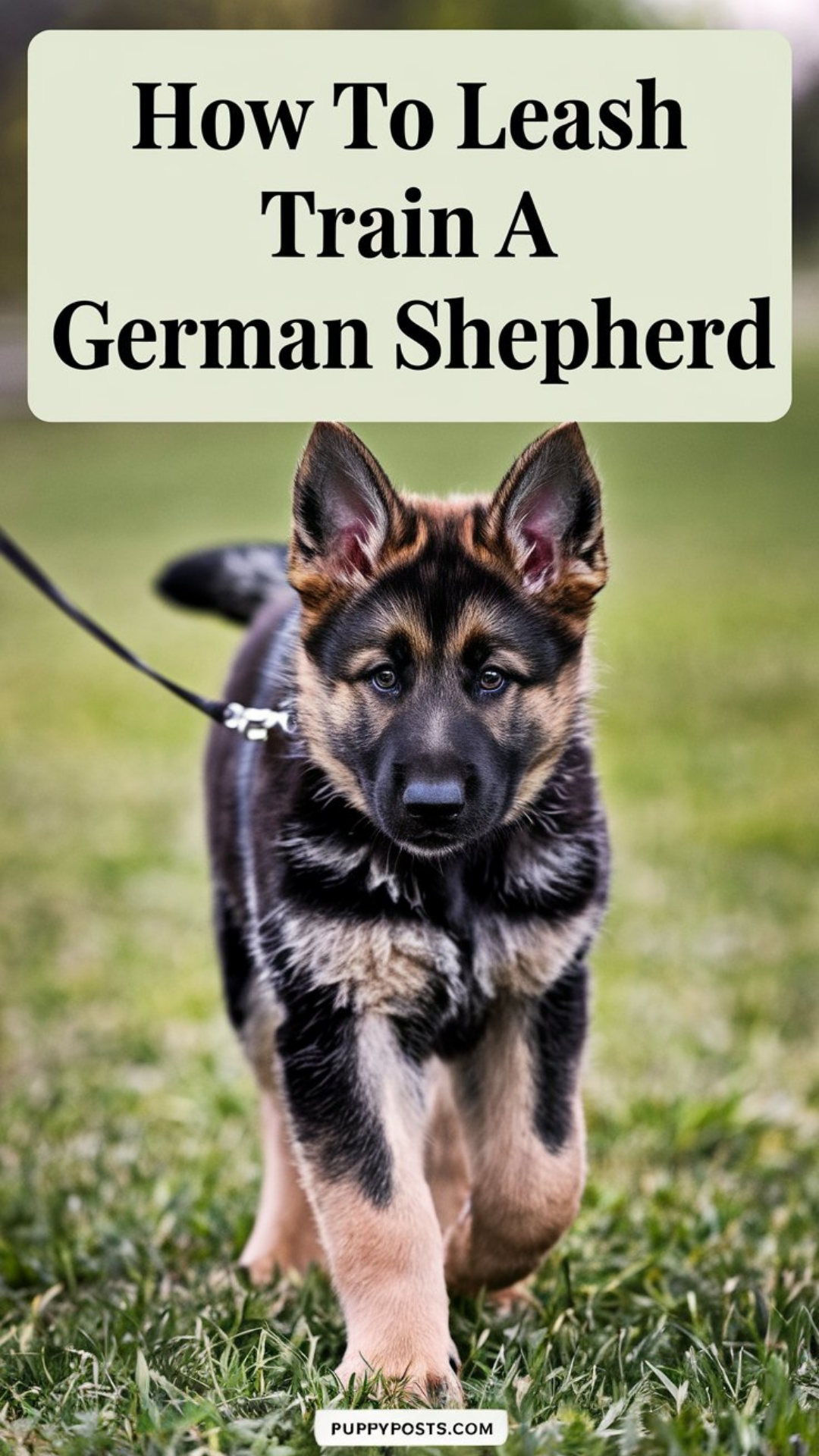How to leash train a German Shepherd
Listen, German Shepherds are smart, strong, and full of energy. That’s why leash training isn’t just a nice-to-have—it’s a must. If you want to walk your dog without getting dragged down the block, you’ve got to start right and stay consistent. After ten years as a vet and running a sanctuary packed with dogs, I know what works and what doesn’t.
Here’s the straight talk on how to leash train your German Shepherd properly.

1. Pick the Proper Gear
First things first—get the right equipment.
- Use a sturdy, comfortable harness or collar designed for strong dogs
- Avoid choke chains and prong collars unless under professional guidance
- Choose a leash about 4 to 6 feet long—short enough for control, long enough for comfort
- Let your dog wear the harness or collar indoors before stepping outside
Comfort and control go hand in hand with training success.
2. Introduce the Leash Indoors
Don’t throw your Shepherd to the wolves right away.
- Allow your dog to wear the leash inside under supervision
- Reward calm behavior and curiosity with treats and praise
- Practice walking around indoors so your pup gets used to leash movement
- Keep it positive and stress-free—no dragging, pulling, or snapping
Set the foundation before facing outdoor distractions.
3. Start with Short, Controlled Walks
Keep early sessions brief and focused.
- Begin in a quiet, low-distraction area like your backyard or a quiet hallway
- Reward your Shepherd for walking beside you without pulling
- Stop and stand still the moment the leash gets tight—don’t tug back
- Use treats to lure your dog back to your side and keep the leash loose
Short bursts of training build good habits faster.
4. Teach Consistent Commands
Your German Shepherd needs clear expectations.
- Use commands like “heel,” “easy,” or “walk” consistently
- Praise and treat when your dog walks politely by your side
- When your dog pulls, stop moving and wait for leash slack before moving again
- Be firm but patient—don’t let stubbornness or excitement take over
You’re the leader—make sure your dog knows it.
5. Handle Pulling with Calm Authority
German Shepherds are powerful. Don’t let pulling become a habit.
- Never yank or jerk the leash—that only makes things worse
- Stop walking when your dog pulls and wait patiently for slack
- Redirect attention with treats or a change in direction
- Maintain calm energy—even if your dog gets excited or distracted
You’re in control; act like it.
6. Increase Distractions Gradually
Build confidence with new environments.
- Move training to busier places step by step—parks, sidewalks, dog-friendly stores
- Keep treats handy to focus your dog on you despite distractions
- Never abandon your rules just because it’s a new place
- Progress at your dog’s pace—don’t rush or force it
Consistent rules build a reliable, well-mannered German Shepherd.
Final Word: Leash Training Is Leadership and Commitment
Leash training your German Shepherd takes time, patience, and steady leadership. If you stick to it, you’ll enjoy walks full of calm control and mutual respect. If you don’t, expect frustration and headaches. Take charge early, stay consistent, and train smart.
Lead your Shepherd with confidence—and you’ll both enjoy the journey.







